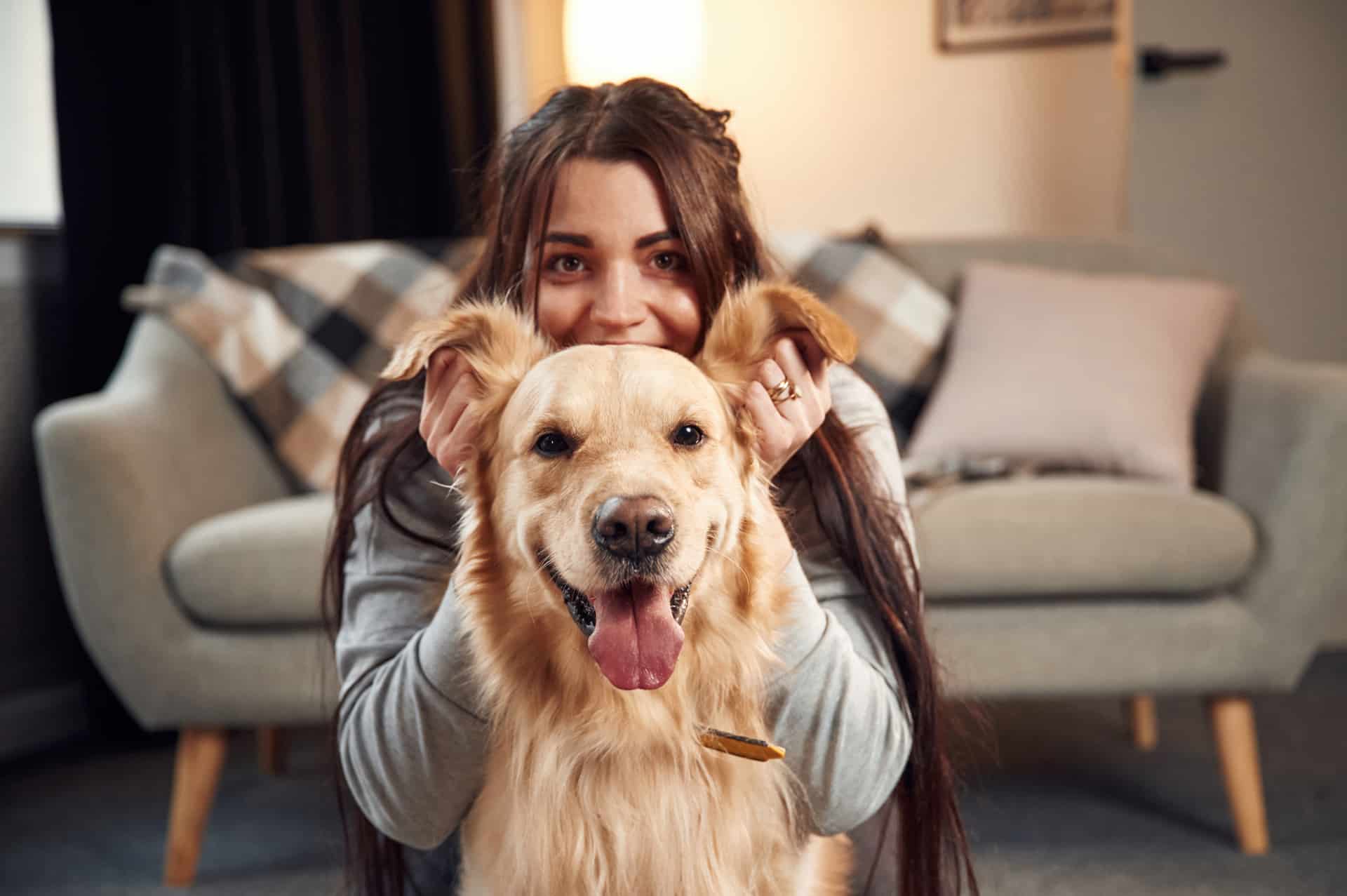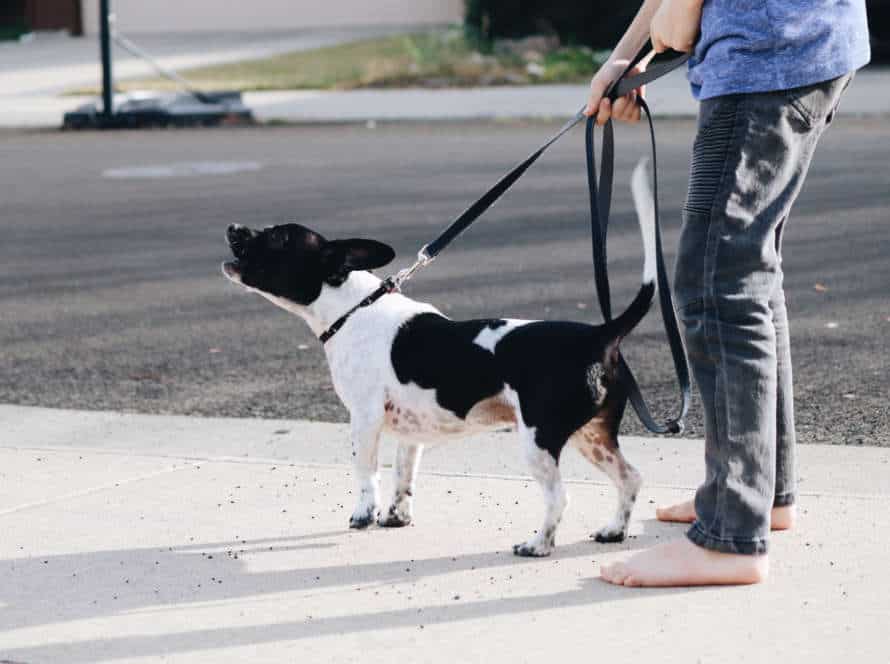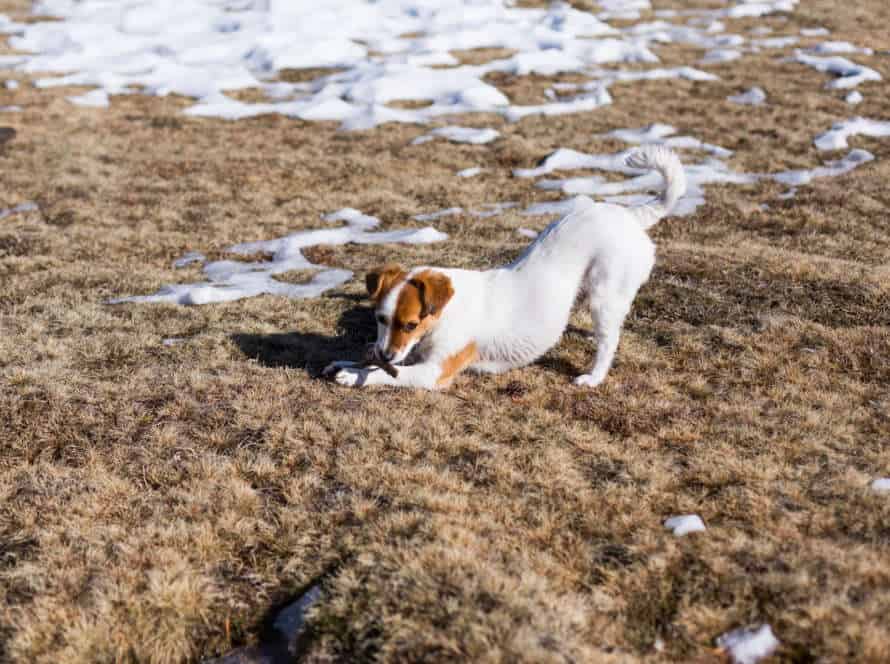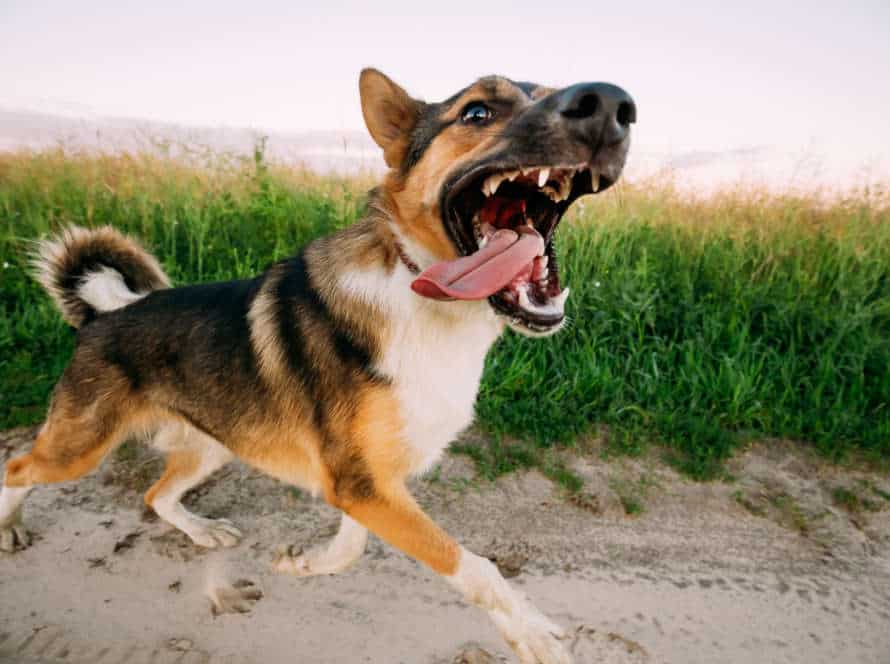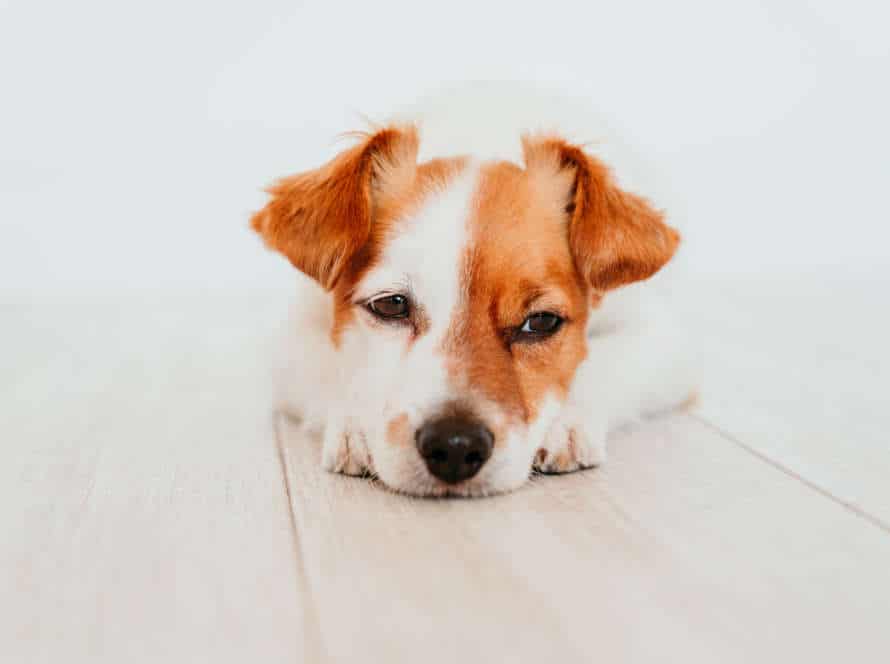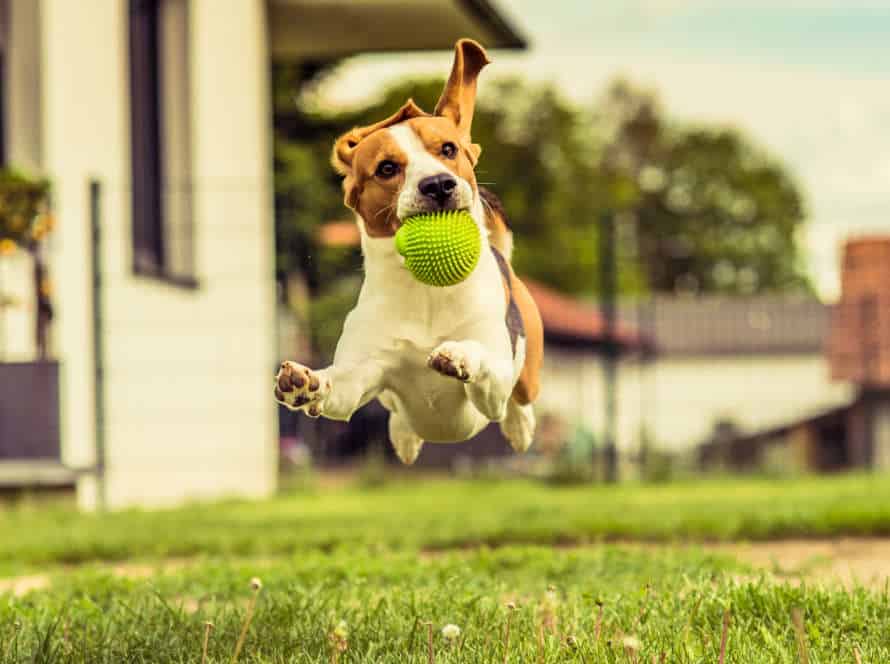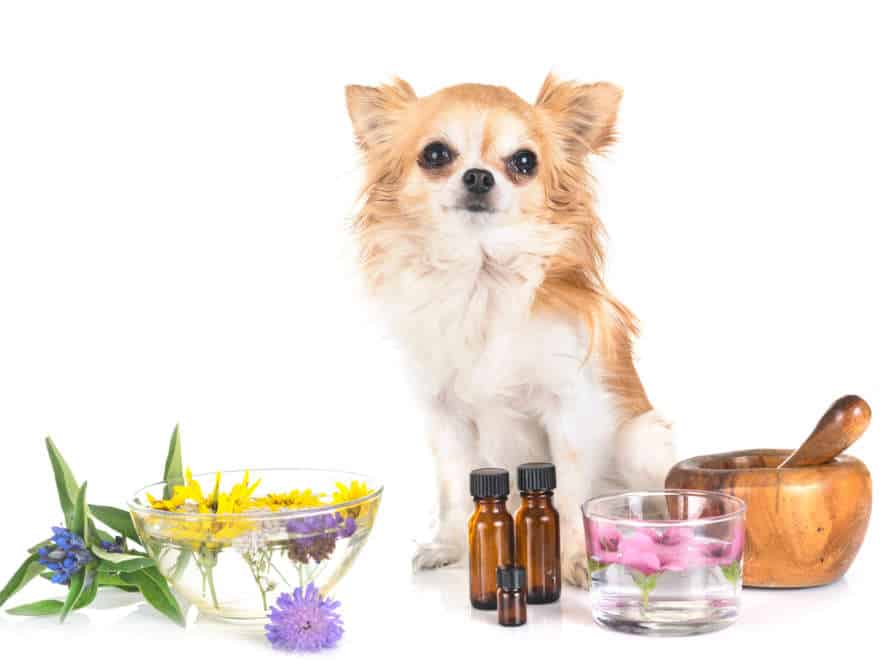How to Help Your Dog Cope with Loud Noises
Noises that are loud can be really distressing for dogs, causing anxiety and sometimes, even aggressive behavior. Thus, helping your pup cope with loud sounds, like fireworks or thunder, is very important.
Here are a few tips to help them:
- Make a safe area: Dogs feel secure in small and enclosed places, so create a snug corner with their favorite toys and a soft blanket.
- Block out the noise: Play soothing music or turn on a white noise machine to help your pup relax.
- Provide comfort: Comforting your dog, petting them, and speaking softly to them can go a long way in lowering their fear and stress.
- Keep them busy: Give them their favorite chew toys or a puzzle feeder to distract them while the noise is ongoing.
Remember, every dog is different, and what works for one may not work for another. So be patient, understanding, and watch your dog’s behavior to figure out what works best for them.
Understanding Your Dog’s Fear of Loud Noises
Dogs can easily be scared of loud noises like thunder, fireworks or construction. This fear can show up in different ways, like trembling, running away, or barking. Knowing why your pup is scared and how to help them is essential. Here are some reasons why dogs fear and what you can do to help them feel better.
Causes of fear and anxiety in dogs during loud noises
Loud noises can scare and stress dogs. These include fireworks, thunderstorms, and even music. It’s important to figure out the cause of this fear before trying to assist your pup. Reasons could be previous experiences with loud noises, genetics, or lack of being exposed to them as a pup.
Here are some tips to aid in helping your dog cope:
- Create an area where they feel safe, like a room, crate, or bed.
- Distract them with toys, treats, or puzzle games.
- Play calming music or use noise machines to block out loud sounds.
If your dog is still fearful, contact a vet or trainer for extra support and advice. Pro tip: Don’t punish your pup for being scared. Give them reassurance and understanding so they feel secure.
Signs that your dog is afraid of loud noises
Dogs have a keen sense of hearing. Loud noises can make them anxious. Here are signs that your pup is scared:
- Shaking or trembling.
- Excessive barking or howling.
- Hiding or cowering.
- More panting or drooling.
- Pacing or restlessness.
- Peeing or pooping inside.
If your dog is scared of loud noises like thunderstorms, fireworks, or construction noise, there are steps you can take to help. Desensitization training can be very effective. This is where you let your dog experience the noise in a safe environment with positive reinforcement. You can also create a cozy space for your dog to go to during loud noises. This could be a crate or a room with white noise.
Pro Tip: If the fear is severe, speak to a vet or a professional dog trainer.
How your dog’s breed affects their reaction to loud noises
Your pup’s breed can have a substantial impact on how they handle loud noises. Some breeds are more prone to fear-related behaviors, while others are more tolerant.
Border Collies, Australian Shepherds, and Jack Russell Terriers are usually more edgy and nervous, making them more vulnerable to noise phobias. On the other side, breeds like Golden Retrievers, Labrador Retrievers, and Beagles tend to be more tranquil and less responsive to loud sounds.
Realizing your dog’s breed and their inclination towards anxiety can assist you with better planning and backing them during difficult times. Whether it’s using calming aids like pressure vests or white noise machines, or getting expert assistance from a dog behaviorist, knowing your dog’s breed can help you find the right solution to help them manage loud noises.
Preparing for Loud Noises
Prepare your pup for loud sounds! Fireworks, thunder–it’s vital. Desensitization and a safe space are two ways to help. Let’s check out more methods to keep your dog stress-free.
Creating a Safe and Comfortable Space for Your Dog
Noises like thunderstorms or fireworks can be hard on dogs. But, you can make a safe and comfy place for them to lessen their fear. Here are tips to help:
- Choose a quiet spot in the house and get rid of any items that could hurt your pup.
- Add nice bedding, their favorite toys, and treats to the space.
- Play calming music like classical or reggae.
- Give them a chew toy or bone to keep them busy.
- Put on a thunder shirt or anxiety wrap to help them feel secure.
- If the fear is really bad, talk to your vet about medication to ease their symptoms.
- Stay relaxed and reassuring during loud events. Your pet will pick up on your stress.
Pro Tip: Work with your pup early on to reduce their fear of loud noises. Increase their exposure gradually and reward good behavior.
Acclimating Your Dog to Sounds and Noises Gradually
Dogs can get stressed and anxious when they hear loud, sudden noises like fireworks, thunderstorms, or construction. To help them manage this, gradually acclimate them to these sounds. Here’s how:
- Get a CD or a mobile app with recordings of noises your dog finds scary.
- Play it at a low volume while you do an activity your dog enjoys, like playtime or training.
- Increase the volume slowly, and reward and praise your dog when they stay calm.
- Keep the sessions short, and slowly raise the sound level, so your pup gets used to it.
- If your dog’s anxiety is severe, ask a veterinary behaviorist for advice. They may suggest treatments or techniques to help your pup cope.
Using Calming Aids and Supplements for Anxiety
Tranquilizers and other supplements can help soothe anxiety in pooches when expecting loud noises like thunder or fireworks. Check out these proven aids & supplements to ease noise phobia in dogs:
- CBD Oil – this non-psychoactive supplement helps decrease anxiousness in pups without side-effects of prescriptions.
- Thundershirt – this snug-fitting clothing provides a sense of security by applying gentle pressure to the pup’s body.
- Melatonin – this natural supplement promotes sleep & relaxation in dogs, making it easier to handle loud noises.
- Rescue Remedy – this Bach Flower Remedy is a blend of natural flower essences that curbs stress & anxiety in doggos.
Advice: Before trying any calming aids or supplements, consult your vet as some may interfere with medicines or be risky for some medical issues.
During the Loud Noises
It can be an alarming experience for our furry friends when they’re exposed to loud noises. But, luckily there are many ways to help them cope. To make it easier, create a safe space, use white noise, provide comforting physical contact, and distract your dog. Let’s find out more about how we can better assist our pup during loud noises.
Implementing Positive Reinforcement Techniques
Positive reinforcement can help dogs cope with loud noises, like fireworks or thunderstorms. Here are a few techniques you can use to make your pup less anxious.
- Encourage your pup to associate loud noises with positive experiences. Maybe give them a treat when they hear loud noises.
- Provide a safe spot for your dog during loud events. This could be a crate or a designated quiet room in the house.
- Make a calm environment for your pup. Use white noise or soothing music to help them relax.
- Try positive reinforcement training techniques to keep them calm. Teach them to sit or lay down and reward them when they remain calm.
- Remember every dog is unique, and may need more help than others. Speak to a professional dog trainer or vet for additional support.
Offering Comfort and Support to Your Dog
Loud sounds like thunderstorms or fireworks can be a shock for dogs and cause them to feel anxious. To help your pup cope, here are some ideas:
- Create a comfy space for your dog, like a crate or a corner.
- Give them familiar objects like a toy or blanket.
- Play calming music or white noise to cover the loud noises.
- Use pheromone diffusers or anxiety vests.
- Be cool and confident when you talk to your dog – they sense your energy.
Pro Tip: Ask your vet for extra ways to help your dog deal with loud noises and stress.
Using Distractions to Help Your Dog Relax
Distractions can be useful for calming your pup during loud noises, like thunderstorms or fireworks. Here are ways to distract them:
- Play calming music, or turn on the TV to create white noise.
- Give a puzzle toy or treat-filled Kong to keep them mentally stimulated.
- Engage in a game of fetch or a training session.
- Spray or use a diffuser with pheromones to relax.
- Pro Tip: For severe cases, consult your vet about medication or a ThunderShirt!
After the Loud Noises
Your pup has just experienced something loud. To help them cope, you need to be understanding and comforting. After a loud sound, your dog may be in shock, confused, or scared. Provide a secure and comfy atmosphere. This article will show you how to be supportive and make your pup feel safe after loud noises.
Allowing Your Dog Time to Recover and Decompress
Loud noises can be highly traumatic for dogs. To help them cope, they should be given time to relax and recover. To do this, here are some tips:
- Identify signs of stress, such as panting, trembling, hiding or too much barking.
- Move your pup away from the noise to a peaceful spot.
- Provide food, water, and a cozy place to sleep.
- If welcomed, give gentle physical touch, petting, and hugs.
- Avoid loud noises and sudden movements that could startle the dog more.
- Be patient and let your pup take their time to recover. If symptoms persist, contact an animal behaviorist.
Remember, a calm and reassuring environment is essential for your pup’s recovery.
Rewarding Your Dog for Their Calm Behavior
Reward your pup for chillin’ after loud noises. That’s the key to helpin’ them cope with the stress. Here’s what to do:
- Provide a safe space. Make a comfy spot in your home that’s shielded from loud noise. Have blankets, toys, and a bed.
- Do calm activities. Play with their fav toy or cuddle with ’em.
- Reward the calm behaviour. Whenever they’re chillin’ during loud noises, give ’em treats, praise, and cuddles.
- Distract ’em. Play some relaxin’ music or distract with calm activities.
- Check with a vet. If they’re really anxious, talk to a vet to get some meds.
Remember, a happy pet makes it easy to enjoy the loud noise without worryin’.
Creating a Plan for Future Loud Noise Events
It’s essential to make a plan for future loud events, to help your pooch with their anxiety when sudden noises occur, like fireworks and thunderstorms. Here’s how:
- Detect the triggers: Look out for the sounds and situations that cause your pup’s anxiety to peak.
- Make a safe area: Give your dog a specific place to feel safe and secure, like a kennel or a still room.
- Utilize white noise: Play background noise, like smooth music or nature sounds, to muffle unexpected noises that could bring on anxiety.
- Utilize calming supplements: Think about using natural remedies, such as pheromone sprays or CBD oil, to reduce anxiety.
- Ask your veterinarian: Talk to your vet, who can prescribe medicine or give more tips to help your pup cope.
Pro tip: Gradually expose your dog to loud noises by playing recordings of the sounds at progressively louder volumes over time. Always reward good behaviour with treats and positive reinforcement.
Frequently Asked Questions
1. Why does my dog get scared of loud noises?
loud noises can trigger a fear response in dogs. This is because they have sensitive hearing and may associate the loud noise with a previous negative experience.
2. What can I do to help my dog cope with loud noises?
There are several things you can do, such as training your dog to associate loud noises with positive experiences, providing a safe and comfortable space for your dog to retreat to, and playing calming music or white noise.
3. Should I comfort my dog when they’re scared of loud noises?
Yes, it’s important to comfort your dog when they’re scared of loud noises. You can do this by petting and reassuring them, or providing a safe and comforting environment where they can feel secure.
4. Can I give my dog medication to help them cope with loud noises?
Your veterinarian may recommend medication to help your dog cope with loud noises, but it’s important to discuss this option with them first to ensure it’s safe and appropriate for your dog.
5. Should I expose my dog to loud noises to desensitize them?
It’s not recommended to expose your dog to loud noises in an attempt to desensitize them. This can be traumatic and make their fear worse. Instead, work with a professional dog trainer to train your dog to associate loud noises with positive experiences.
6. Are there any natural remedies I can try to help my dog cope with loud noises?
There are several natural remedies you can try, such as using calming essential oils, providing herbal supplements or treats, and using a calming pheromone collar or spray.

